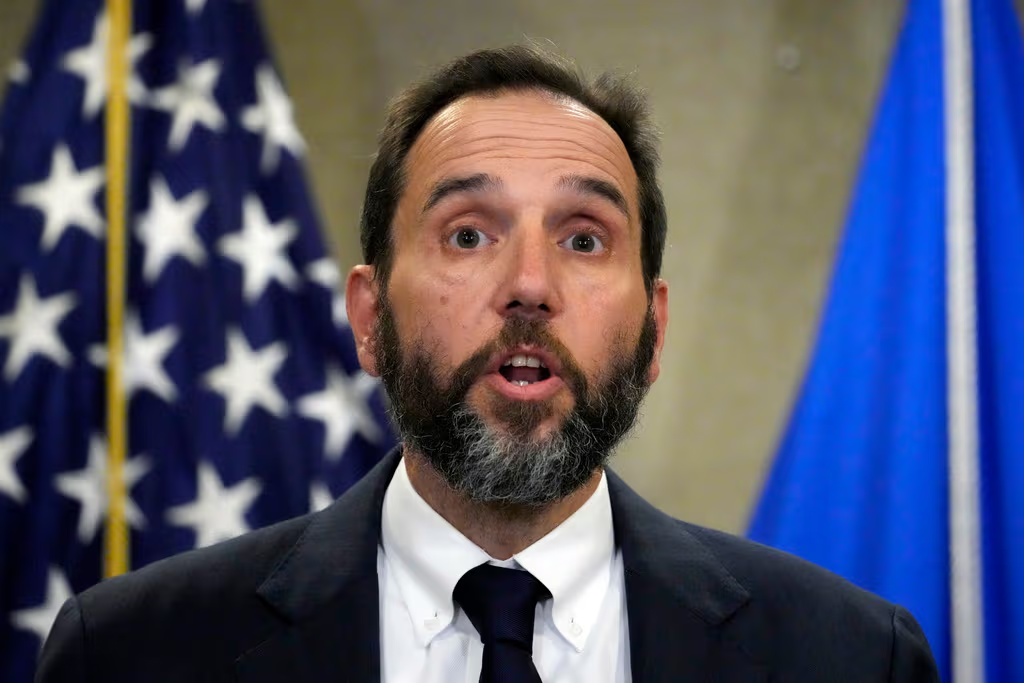
An American Hostage the Taliban Won’t Admit Exists
By HOLLIE McKAY
|The special counsel, for the first time, tells the jurist that a request for review could be imminent.

Already have a subscription? Sign in to continue reading
$0.01/day for 60 days
Cancel anytime
By continuing you agree to our Privacy Policy and Terms of Service.